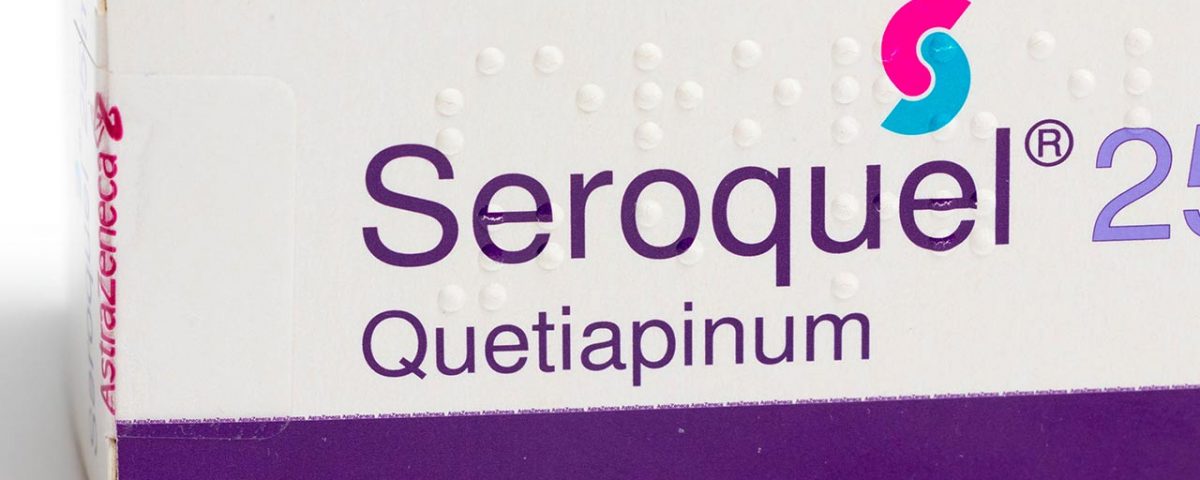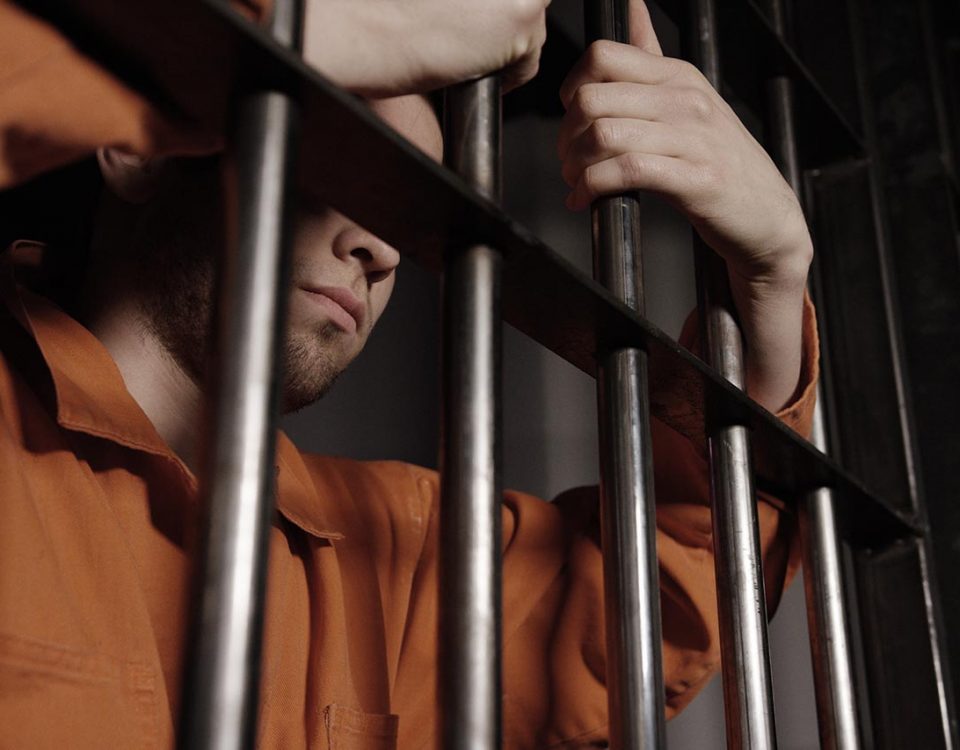Seroquel is the brand name for quetiapine, an atypical antipsychotic medication that’s approved by the Food and Drug Administration (FDA) for the treatment of mental disorders like schizophrenia, bipolar disorder, and depression. Despite the warnings, there’s evidence of off-label use or misuse of Seroquel, so much so that it’s believed to be the most commonly abused atypical antipsychotics on the market. Today we’re looking into the signs and consequences of Seroquel abuse and whether addiction to it is possible.
Why Do People Abuse Seroquel?
Seroquel works by affecting serotonin and dopamine levels in the brain, both of which play key roles in mood and behavior. An imbalance among these neurotransmitters is common among people with mental health disorders like bipolar and major depressive disorder, making Seroquel an effective form of treatment.
By elevating levels of serotonin and dopamine, quetiapine reduces the risk of depressive episodes and improves the user’s mood, making it easier for them to manage their condition. However, Seroquel can also produce some unwanted side effects, like:
- Sedation
- Drowsiness
- Upset stomach
- Tiredness
- Weight gain
- Blurred vision
- Dry mouth
- Constipation
- Lightheadedness
Despite these adverse effects, Seroquel’s impact on dopamine and serotonin has made it a popular drug of abuse. Considering there are about 13.6 million Americans with severe mental disorders like anxiety, depression, and bipolar disorder, there’s a growing need for antipsychotics like Seroquel.
However, this means that millions of prescriptions for antipsychotics like quetiapine are written in a year and with more prescriptions comes a higher risk of abuse.1 With that said, people abuse Seroquel for its euphoric and sedative effects.
Many people who engage in Seroquel abuse suffer from anxiety or other mood disorders and rely on the medication to feel better. Research also shows that nearly 50% of people with mental disorders that quetiapine is meant to treat are also affected by some form of substance abuse.2 Many with mental health disorders are unaware of their conditions and end up trapped in a cycle of drug or alcohol abuse to self-medicate.
Those who don’t have mental disorders might simply be seeking a simple way to get high. In these cases, the potential risks are often neglected.
Seroquel: Is It Addictive?
Seroquel comes in an easy-to-abuse formulation. Quetiapine pills may be swallowed whole in large doses or crushed and snorted as a powder. The medication can produce a rush of euphoria and sedation when snorted or administered intravenously (injected into a vein).
Some other positive effects of Seroquel that may lead someone to abuse it include:
- Hallucinations
- Enhanced positive thoughts by improved focus
- Reduction in nervousness and anxiety
- Increased energy
- Enhanced sleep and appetite
- Reduced mood swings
Although these effects are beneficial to those with mental health disorders, the drug’s effects on dopamine and serotonin present the danger of abuse, dependence, and addiction. Seroquel is addictive, and long-term abuse can lead to many consequences.
Seroquel Abuse Symptoms and Signs
Addiction to quetiapine can be difficult to spot in people who have a prescription for the medication. However, as time progresses, the person will begin to exhibit various behavioral and physical changes. Since Seroquel produces certain side effects in people who take it as prescribed, it’s unsurprising that those who abuse it are more likely to experience these reactions.
Seroquel addiction symptoms are both physical and behavioral. Some physical signs of quetiapine abuse include:
- Increased appetite and weight gain
- Indigestion
- Constipation
- Rapid heart rate
- Dizziness
- Sleepiness
- Headaches
- Body aches
- Weakness
- Clumsiness
- Stuffy nose
- Breast enlargement in men
- Missed or irregular menstrual cycles in women
- Nipple discharge
There are also some behavioral warning signs of quetiapine abuse, including:
- Taking higher doses than prescribed
- Experiencing withdrawal symptoms when Seroquel is not used
- Constant worrying about when you will use Seroquel next
- Inability to quit using quetiapine despite the negative effects
- Neglecting responsibilities at work, school, or home because of drug use
- Withdrawing from loved ones
- Disinterest in activities you once enjoyed
If you or a loved one is showing signs of Seroquel addiction, don’t wait until someone hits rock bottom to get help. Long-term drug abuse can deteriorate a person’s physical health as well as other areas of their life, including their finances, relationships, and career. The good news is that treatment is available.
Get Help for Seroquel Abuse
Our Palm Springs, CA, drug rehab offers prescription drug addiction treatment that can help patients addicted to medications like quetiapine recover physically and mentally. With the use of withdrawal evidence-based therapy programs, our specialists strive to meet our patients’ needs in all aspects of their recovery journeys. To learn more about our medically monitored detox or California drug treatment programs, call Banyan Treatment Center Palm Springs today at 888-280-4763.Sources:
- NIH - Mental Illness
- NAMI - Mental Illness and Substance Abuse
What Not to Say to Someone With Bipolar Disorder
Signs of Schizophrenia









